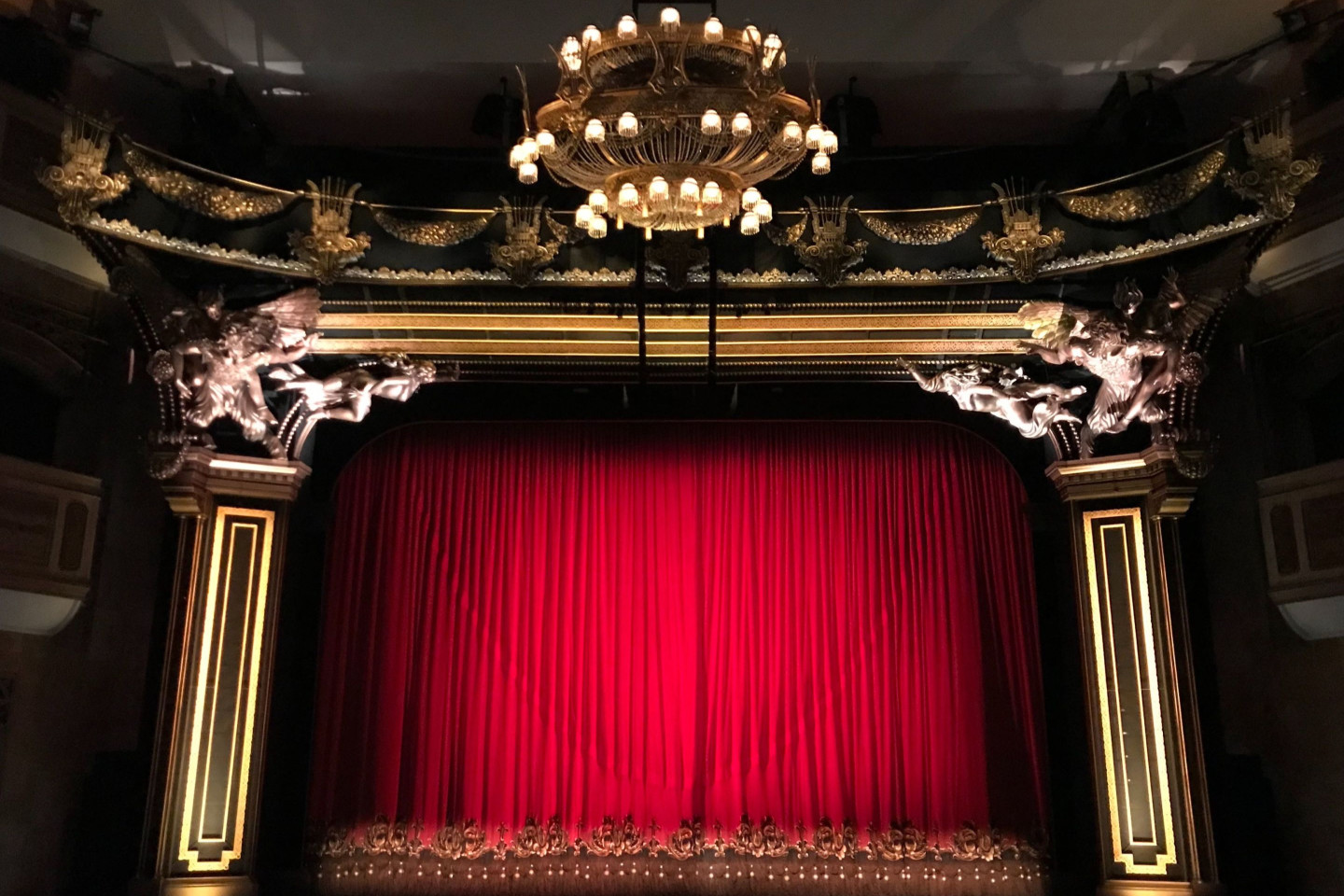
by Erin Shelby
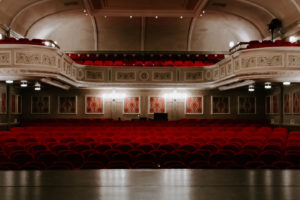 Musical theatre is on intermission.
Musical theatre is on intermission.
There isn’t much going on, in person that is.
The acting has arrived at a terribly long pause.
The singing is at an abnormally long rest.
The dancing has stopped.
The costumes are on the rack. Are they going to smell like mothballs when we’re ready to use them again?
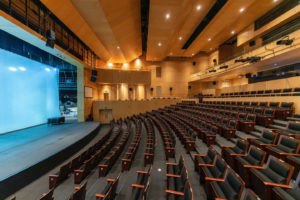
In-person arts are on pause, for now, that is.
There are so many reasons why people are missing the performing arts. Why do people love the arts so much? What does singing and dancing and acting add to our world that we’re missing right now?
The arts are a community.
When theatre venues open their doors again, they will reveal themselves as community centers. Gathering places, if you will. Whether it’s to watch a play, see a musical, or go to the ballet, people use the arts to socialize. Relationships are formed in these places, and for some, it’s like a family. Everyone needs a place where they can go to be part of a larger community, and for some people, it’s the artistic places.

The arts are revealing.
In a world where loudness is often valued over quiet confidence, getting involved in an artistic production can allow people to analyze deep issues while exploring a script. The arts can be an equalizer for people of all backgrounds and personality types to come together around a common cause. Personally, I don’t thrive at a busy party or in an open-floor plan office, but in an artistic setting, I enjoy making connections with other people while we’re striving toward a common goal. No matter how you’re wired or how you would describe yourself, the arts can provide a place for you to create something beautiful alongside others.
The arts welcome you.
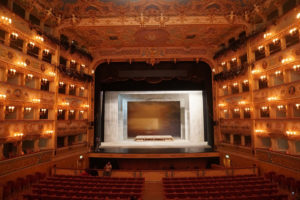
For now, the arts are mostly closed, but when this intermission is over, there will be a place for you. Community theatres will need people to fundraise, publicize, paint set pieces, help with props, sell tickets, and so much more. If you’re ready to play, the arts will welcome you.
That is, after this intermission is over.

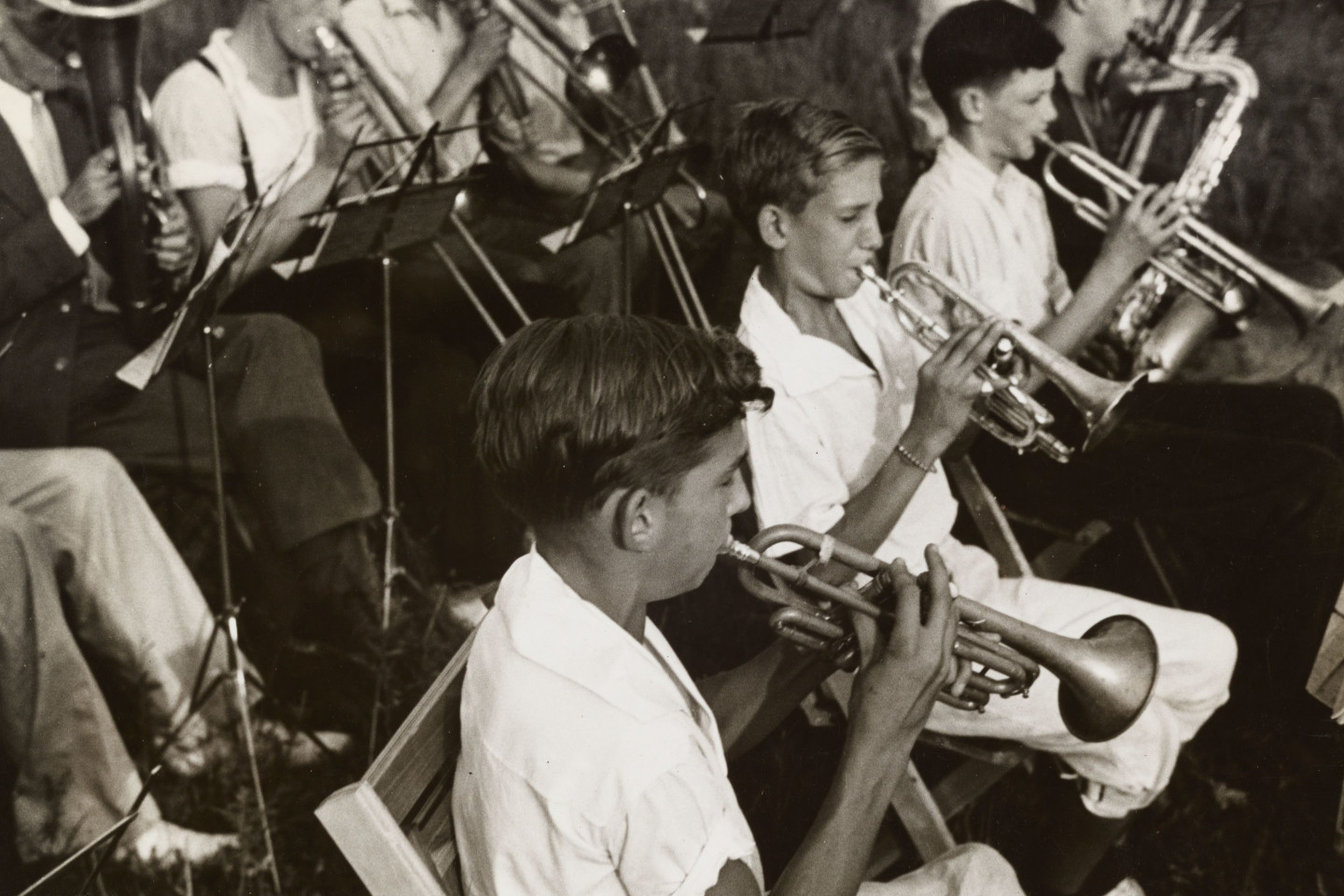
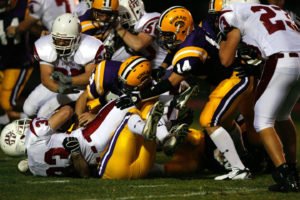 In the Netflix documentary The Road I’m On, country super star Garth Brooks recounts his childhood and his rise to fame. He recalls a particular instance when his father insisted that Garth join something, anything. You have to be part of a team, any team, was his father’s directive. As a result, young Garth played high school football. Do music and sports seem like polar opposites to you? If so, consider these three things that sports and music have in common.
In the Netflix documentary The Road I’m On, country super star Garth Brooks recounts his childhood and his rise to fame. He recalls a particular instance when his father insisted that Garth join something, anything. You have to be part of a team, any team, was his father’s directive. As a result, young Garth played high school football. Do music and sports seem like polar opposites to you? If so, consider these three things that sports and music have in common. Anyone who’s played sports knows that it takes more than one person to win the game. Teamwork is critical, and this also applies to music. Soloists with attention-getting personalities often get the spotlight, but they don’t earn this praise alone. Back-up singers, dancers, drummers, instrumentalists, lighting designers, and vocal coaches all create the magic for the chart-topping celebrities we know and love. Students who have music as part of their education learn that teamwork is a must. Choir singers learn the art of the “blend” when each singer isn’t too loud or too soft, but just right. Band players practice alone and then come together as a whole to work on their sound as a group. Whether in choir, band, or orchestra, each music student is part of a larger team.
Anyone who’s played sports knows that it takes more than one person to win the game. Teamwork is critical, and this also applies to music. Soloists with attention-getting personalities often get the spotlight, but they don’t earn this praise alone. Back-up singers, dancers, drummers, instrumentalists, lighting designers, and vocal coaches all create the magic for the chart-topping celebrities we know and love. Students who have music as part of their education learn that teamwork is a must. Choir singers learn the art of the “blend” when each singer isn’t too loud or too soft, but just right. Band players practice alone and then come together as a whole to work on their sound as a group. Whether in choir, band, or orchestra, each music student is part of a larger team.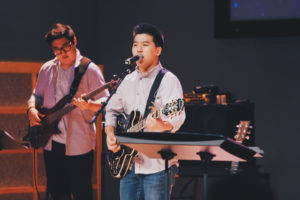 Goals and desires are easy to have, but it takes drive to accomplish what you want. Wishful thinking won’t make things happen; action is required. In sports, if you don’t show up for practice, you’re destined to fail. If you show up with a bad attitude or a half-hearted attitude, your practice won’t do much good. The same goes for music. Each person in a group brings their abilities and desire to succeed. Talent alone isn’t good enough; you have to work for what you want. Choirs learn this together by practicing parts of the same songs over and over again to achieve the desired sound. A three-minute song takes hours upon hours to learn. Band members will refine the same section of music because a note is played too soon, or a rest lasts too long, or instruments sound out of balance with each another. Each person’s drive pushes them to create a work of excellence.
Goals and desires are easy to have, but it takes drive to accomplish what you want. Wishful thinking won’t make things happen; action is required. In sports, if you don’t show up for practice, you’re destined to fail. If you show up with a bad attitude or a half-hearted attitude, your practice won’t do much good. The same goes for music. Each person in a group brings their abilities and desire to succeed. Talent alone isn’t good enough; you have to work for what you want. Choirs learn this together by practicing parts of the same songs over and over again to achieve the desired sound. A three-minute song takes hours upon hours to learn. Band members will refine the same section of music because a note is played too soon, or a rest lasts too long, or instruments sound out of balance with each another. Each person’s drive pushes them to create a work of excellence. The joy of winning is easy for bystanders to see. In sports, winning can come in the form of trophies or the number on the scoreboard. Those who stand on the sidelines may not know the frustration, fatigue, and effort that it took to make it happen. For musicians, wins are just as valuable, although they come in different forms. The applause and cheers from our audiences show that we created something good. The reward of knowing that we gave our best and created something worthwhile to is a reward in itself. Personal growth happens when we persevere through obstacles, and we often learn about ourselves along the way.
The joy of winning is easy for bystanders to see. In sports, winning can come in the form of trophies or the number on the scoreboard. Those who stand on the sidelines may not know the frustration, fatigue, and effort that it took to make it happen. For musicians, wins are just as valuable, although they come in different forms. The applause and cheers from our audiences show that we created something good. The reward of knowing that we gave our best and created something worthwhile to is a reward in itself. Personal growth happens when we persevere through obstacles, and we often learn about ourselves along the way.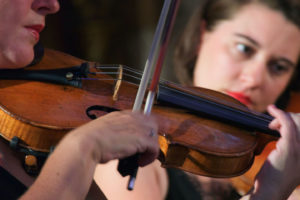 Young people will always need to learn about teamwork, drive, and success. These are enduring concepts that need to be passed on to each new generation. The importance of music education is three-fold: it teaches teamwork, it emphasizes the importance of drive, and it celebrates success. How can you celebrate these ideals in a young person’s life?
Young people will always need to learn about teamwork, drive, and success. These are enduring concepts that need to be passed on to each new generation. The importance of music education is three-fold: it teaches teamwork, it emphasizes the importance of drive, and it celebrates success. How can you celebrate these ideals in a young person’s life?